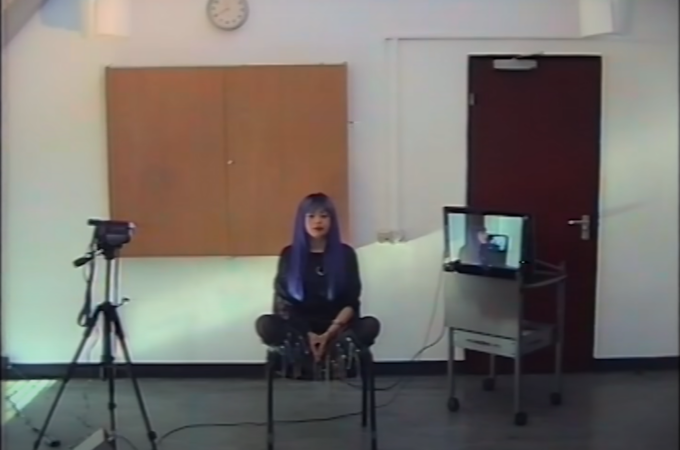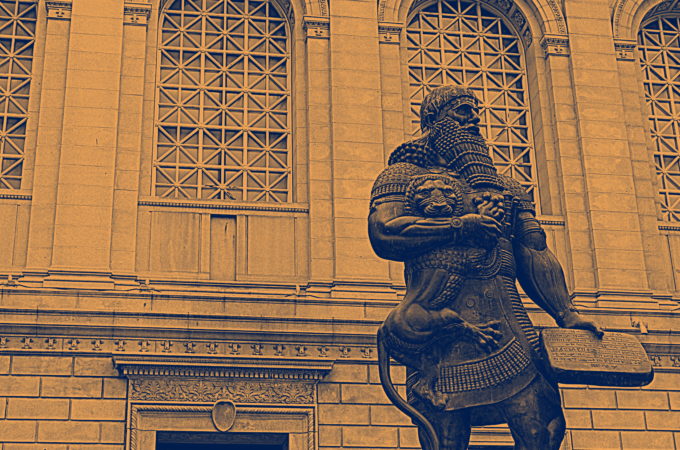Pictured: A screen grab from the music video for “Only Acting” by Kero Kero Bonito. It’s one of my favourite songs. It’s not quite about video wills, but it does show off some of the challenges of recording oneself. What are Video Wills? Some practitioners have floated the idea of…
Videos and Wills: Helpful or Harmful?
By Demetre Vasilounis closeAuthor: Demetre Vasilounis
Name: Demetre Vasilounis
closeAuthor: Demetre Vasilounis
Name: Demetre Vasilounis
Email: dvasilounis@fasken.com
Site: https://www.fasken.com/en/demetre-vasilounis
About: Demetre is an associate in the Private Client Services group of Fasken’s Toronto office. He has a broad trusts and estates practice and has developed and implemented cohesive succession plans for clients involving a wide range of different family and corporate structures. He has also advised on a breadth of family wealth planning matters, including tax issues, estate freezes, cross-border and international estates, probate planning, disability planning, charitable gifting, asset protection strategies, personal privacy, intellectual property and domestic contracts. Demetre regularly speaks and writes about various legal issues in succession planning, including in particular the evolving area of digital assets in estate planning. His work has been cited by the Ontario Superior Court of Justice and he has spoken at both national and international events. Demetre has obtained the prestigious Trust and Estate Practitioner (TEP) designation from the Society of Trusts and Estates Practitioners (STEP). While Demetre assists many families with navigating these areas, he is also experienced in helping individual entrepreneurs and business owners, philanthropists, athletes, artists, authors, entertainers, social media influencers and various types of professionals.See Authors Posts (27) • February 23, 2024 • 0 Comments
Email: dvasilounis@fasken.com
Site: https://www.fasken.com/en/demetre-vasilounis
About: Demetre is an associate in the Private Client Services group of Fasken’s Toronto office. He has a broad trusts and estates practice and has developed and implemented cohesive succession plans for clients involving a wide range of different family and corporate structures. He has also advised on a breadth of family wealth planning matters, including tax issues, estate freezes, cross-border and international estates, probate planning, disability planning, charitable gifting, asset protection strategies, personal privacy, intellectual property and domestic contracts. Demetre regularly speaks and writes about various legal issues in succession planning, including in particular the evolving area of digital assets in estate planning. His work has been cited by the Ontario Superior Court of Justice and he has spoken at both national and international events. Demetre has obtained the prestigious Trust and Estate Practitioner (TEP) designation from the Society of Trusts and Estates Practitioners (STEP). While Demetre assists many families with navigating these areas, he is also experienced in helping individual entrepreneurs and business owners, philanthropists, athletes, artists, authors, entertainers, social media influencers and various types of professionals.See Authors Posts (27) • February 23, 2024 • 0 Comments






